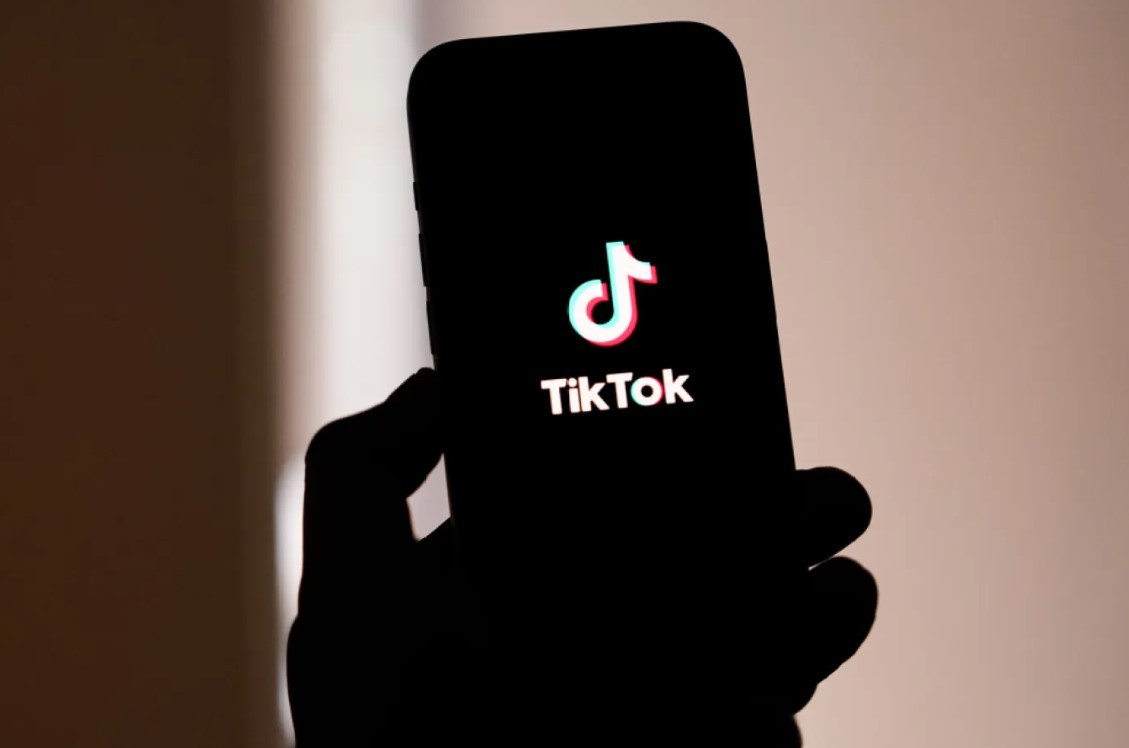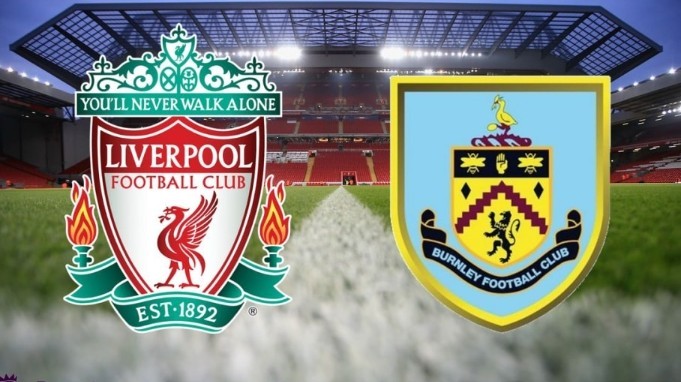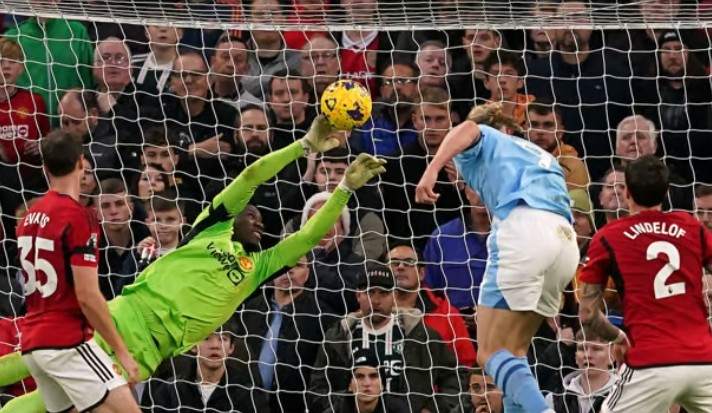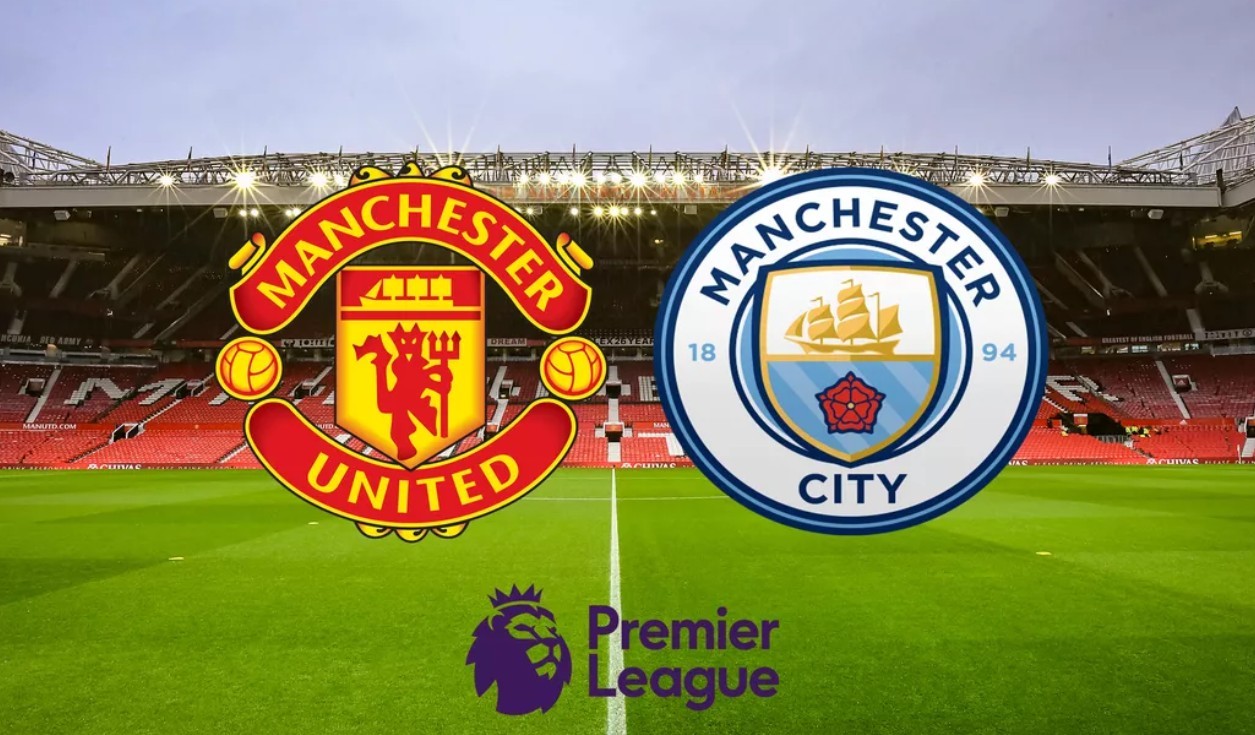Tiktok Shut Down: What is Happening to 170 Million U.S Users?
TikTok: ‘Temporarily Unavailable’The widely-used video-sharing platform, which boasts 170 million American users, faced a shutdown late Saturday following an announcement by TikTok's Chinese-owned parent company. The company revealed that it would make the app's services “temporarily unavailable” in the U.S. “We deeply regret that a U.S. law banning TikTok is set to take effect on January 19, compelling us to suspend our services temporarily,” the company stated in a message sent to users on Saturday evening. “We are actively working to restore access to our service in the U.S. as soon as possible. Your support means everything to us. Please stay tuned for updates.” |
Learn more: What are the Best Scenarios for TikTok’s Revival?
TikTok, with its estimated 170 million active users in the United States, has become a central platform for entertainment, education, and commerce. If the ban goes forward, the immediate effects could include:
Inaccessibility on App Stores:
TikTok would be removed from platforms like the Apple App Store and Google Play Store, preventing new downloads or updates. Existing users would still have access to the app temporarily, but they wouldn’t receive necessary updates to fix bugs or enhance security.
Loss of Community Engagement:
For content creators, especially influencers who rely on TikTok for income and brand partnerships, the shutdown would be devastating. Their ability to connect with followers, post content, and earn revenue would be disrupted.
Business and Marketing Impacts:
Small businesses that use TikTok for marketing and customer engagement might lose a crucial channel to reach younger demographics. Many businesses have already invested in TikTok ads, campaigns, and strategies, and these efforts could be rendered useless.
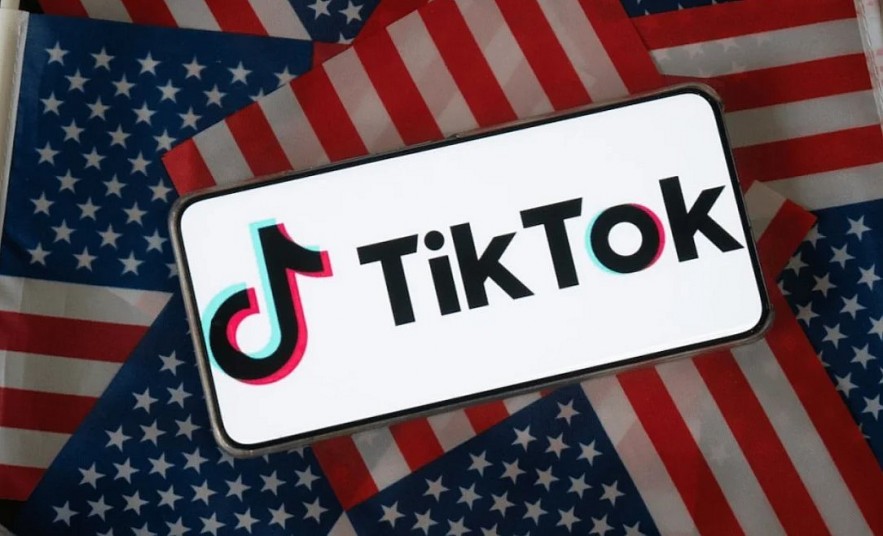 |
| TikTok to be banned in the US from Sunday |
What Happens on Sunday if the Ban Goes Forward?
If the ban is implemented, the U.S. Department of Commerce would enforce restrictions preventing TikTok from operating within the country. Key events that could unfold include:
-
Immediate App Store Removal:
Apple and Google would be required to delist TikTok. This means users won’t be able to download or reinstall the app on their devices.
-
Gradual Erosion of Functionality:
While users who already have the app installed might be able to access some features initially, TikTok’s performance and usability could degrade over time without updates.
-
Legal Challenges:
TikTok’s parent company, ByteDance, is likely to file lawsuits to delay or overturn the ban, creating uncertainty about the app’s future. Previous bans, like the one proposed under the Trump administration, faced similar legal hurdles and delays.
What Can the White House Do to Stop or Delay the TikTok Ban?
The Biden administration has several options to intervene or delay the ban, depending on the evolving circumstances:
-
Negotiate a Settlement:
The White House could work with ByteDance to address national security concerns. For example, ByteDance could agree to stricter data storage measures or enhanced transparency regarding its operations in the U.S.
-
Extend Deadlines:
The administration could delay the ban’s implementation to allow more time for discussions. This would benefit creators and businesses while also addressing regulatory concerns.
-
Propose Legislation:
Congress could draft laws outlining specific conditions for foreign-owned apps to operate in the U.S. This would provide a clearer framework for TikTok’s compliance.
-
Diplomatic Engagement:
Resolving broader U.S.-China tensions through diplomacy might indirectly ease pressure on TikTok, though this is a complex and long-term approach.
Will Donald Trump Save TikTok in the U.S.?
Former President Donald Trump played a key role in bringing TikTok under scrutiny during his administration, citing national security threats. In 2020, he signed executive orders aiming to ban TikTok unless ByteDance sold its U.S. operations. While Trump’s direct involvement in the current scenario is unlikely, his legacy regarding TikTok has left a lasting impact:
-
Historical Efforts:
Trump’s administration sought to force ByteDance to sell TikTok to an American company, with Oracle and Walmart emerging as potential buyers. However, the deal fell through due to legal and regulatory hurdles.
-
Political Influence:
Trump’s supporters and policymakers who share his views on China’s influence may continue pushing for a ban, reinforcing the bipartisan support for addressing security risks.
While Trump himself is unlikely to intervene directly, his initial efforts set the stage for ongoing scrutiny of TikTok.
What is Happening to U.S. TikTok Users?
The looming possibility of a TikTok ban has left millions of U.S. users in a state of uncertainty and concern. As one of the most popular social media platforms, TikTok has deeply embedded itself in the lives of creators, businesses, and casual users. The potential ban would bring significant disruption to these groups. Below is a detailed exploration of the impact:
1. TikTok Creators: The Struggle to Secure Their Livelihoods
For many TikTok creators, the platform is not just a space for self-expression but also a critical source of income. Influencers often rely on TikTok for brand deals, sponsorships, and direct earnings through features like TikTok’s Creator Fund. A ban could have the following effects:
-
Loss of Revenue Streams:
Without access to TikTok, creators may lose their ability to monetize content effectively. Sponsorship deals, which are tied to TikTok’s large and engaged audience, would diminish as brands shift their marketing budgets elsewhere.
-
Reduced Audience Reach:
TikTok’s unique algorithm is designed to amplify content and help creators reach new audiences quickly. Creators who transition to alternative platforms like Instagram Reels or YouTube Shorts may find it challenging to replicate TikTok’s growth potential due to differences in platform dynamics.
-
Increased Anxiety and Uncertainty:
Many influencers are already voicing concerns about losing their primary source of income. Some are scrambling to build a presence on other platforms, while others fear their careers as content creators may be over.
2. Everyday Users: A Loss of Community and Entertainment
For casual users, TikTok has become a go-to app for entertainment, learning, and connecting with others. The potential ban would disrupt their digital routines in several ways:
-
Disappearance of Content Variety:
TikTok offers a highly personalized content feed that caters to individual interests, from cooking tutorials to comedy skits. Losing this unique feature may push users toward less engaging alternatives.
-
Emotional Impact:
TikTok has fostered tight-knit communities where users share hobbies, support causes, and engage in cultural trends. The sudden disappearance of these communities could lead to feelings of isolation and frustration.
-
Migration to Other Platforms:
Many users are considering shifting to Instagram Reels, YouTube Shorts, or Snapchat Spotlight. However, these platforms lack some of TikTok’s creative tools, such as its robust video editing suite and sound library, which could lead to a less enjoyable experience.
3. Businesses and Brands: Marketing Disruption
Small and large businesses alike rely on TikTok as a key platform for reaching younger demographics. The app has become essential for viral marketing campaigns and consumer engagement. A ban could result in:
-
Loss of a Key Marketing Channel:
Companies that have heavily invested in TikTok ads and content strategies would need to quickly adapt to new platforms. This shift could result in higher advertising costs and reduced campaign effectiveness.
-
Missed Opportunities for Small Businesses:
TikTok has been a lifeline for small businesses, allowing them to reach national or even global audiences with minimal budgets. Without TikTok, these businesses might struggle to maintain visibility.
-
Challenges in Influencer Partnerships:
Many brands partner with TikTok influencers to promote their products. If influencers lose access to their audiences, these collaborations may become less impactful or disappear altogether.
4. Young Audiences: A Generation’s Digital Loss
TikTok is particularly popular among Gen Z users, who make up the majority of the platform’s audience. For this demographic, TikTok represents much more than a social media app:
-
Cultural Trends and Identity:
TikTok has been a driving force behind many cultural phenomena, from viral dances to meme culture. Losing access to the app could feel like losing a part of their cultural identity.
-
Educational Content:
Beyond entertainment, TikTok serves as an educational tool, offering bite-sized lessons on topics like mental health, personal finance, and academic subjects. Students and young professionals who rely on this content may find it harder to access similar resources elsewhere.
-
Mental Health Concerns:
For some young users, TikTok is a source of joy and a way to decompress. The platform’s sudden unavailability could contribute to feelings of stress and frustration, particularly in a digital age where connectivity is a key part of daily life.
5. Advocacy and Resistance: User-Led Campaigns to Save TikTok
The possibility of a ban has galvanized TikTok users into action, with many advocating to keep the platform alive in the U.S.:
-
Grassroots Movements:
Hashtags like #SaveTikTok and #KeepTikTok have trended across social media, with users sharing personal stories about how the app has positively impacted their lives.
-
Petitions and Protests:
Online petitions have garnered millions of signatures, urging the U.S. government to reconsider the ban. Some users have even organized protests to voice their opposition.
-
Public Pressure on Lawmakers:
TikTok users have flooded lawmakers’ social media accounts with messages urging them to intervene. This public pressure could influence future decisions regarding the app’s fate.
6. Uncertainty and Adaptation: The Future of U.S. TikTok Users
As the ban looms, users are grappling with uncertainty about what comes next. Key trends include:
-
Exploration of Workarounds:
Some users are exploring technical methods to retain access to TikTok, such as using virtual private networks (VPNs) to bypass restrictions. However, these methods could violate terms of service or face legal repercussions.
-
Adapting to New Platforms:
While many users are transitioning to alternatives, the shift may fragment communities and lead to a less cohesive social media experience.
-
Hopes for a Resolution:
Many users remain hopeful that negotiations or legal challenges will resolve the situation, allowing TikTok to continue operating in the U.S.
Why Was TikTok Banned?
The primary reason for the ban lies in national security concerns. Critics argue that TikTok’s ownership by ByteDance, a Chinese company, poses risks to user data privacy and national security. Key issues include:
-
Data Collection and Privacy Risks:
TikTok collects vast amounts of user data, including location, browsing history, and device information. U.S. officials fear this data could be accessed by the Chinese government under China’s cybersecurity laws.
-
Propaganda and Misinformation:
TikTok’s algorithm, which determines what content users see, has been accused of promoting propaganda and suppressing content critical of the Chinese government.
-
Geopolitical Tensions:
The U.S.-China rivalry, particularly in the tech sector, has fueled skepticism about Chinese-owned companies operating in the U.S. TikTok has become a focal point in this broader conflict.
Who Supported a TikTok Ban?
Support for a TikTok ban spans political parties, tech experts, and advocacy groups:
-
Bipartisan Support:
Both Democrats and Republicans have expressed concerns about TikTok. Legislators such as Senator Josh Hawley (R-MO) and Senator Mark Warner (D-VA) have voiced strong support for restrictions.
-
National Security Agencies:
The FBI, CIA, and other intelligence agencies have warned about TikTok’s potential risks. Their assessments carry significant weight in shaping public opinion and policy.
-
Competing Tech Companies:
U.S.-based platforms like Meta (Facebook and Instagram) and Google (YouTube) benefit from TikTok’s ban, as it reduces competition for user attention and advertising dollars.
Is a Sale Still Possible?
The possibility of ByteDance selling TikTok’s U.S. operations remains, but it faces challenges:
-
Political Roadblocks:
The Chinese government has indicated it would oppose any forced sale, complicating negotiations. Beijing views TikTok’s algorithms as critical intellectual property and has imposed export restrictions on such technologies.
-
Interested Buyers:
Companies like Oracle, Walmart, and Microsoft have expressed interest in the past. A successful sale would require balancing U.S. regulatory demands and Chinese restrictions.
-
Legal and Financial Complexities:
Structuring a deal that satisfies all stakeholders, including ByteDance, the U.S. government, and potential buyers, is a daunting task.
How Much is TikTok Worth?
TikTok’s valuation is substantial, reflecting its influence in the global tech and entertainment sectors:
-
Global Valuation:
TikTok’s parent company, ByteDance, is valued at around $300 billion. TikTok alone is estimated to be worth between $50 billion and $100 billion, depending on market conditions.
-
Revenue Streams:
TikTok generates billions annually through advertising, in-app purchases, and e-commerce integrations. Its growth has made it a dominant player in the social media landscape.
-
Impact of a Ban:
A U.S. ban could significantly reduce TikTok’s valuation by cutting off access to one of its largest markets, undermining its global dominance.
Conclusion
The potential ban on TikTok in the U.S. underscores the intersection of technology, national security, and geopolitics. For millions of users, the app is more than a platform—it’s a livelihood, a creative outlet, and a community. The decision to ban TikTok raises important questions about data privacy, global competition, and the role of technology in shaping modern life. Whether through negotiations, legal battles, or outright bans, TikTok’s future in the U.S. remains uncertain, reflecting broader tensions in the digital age.
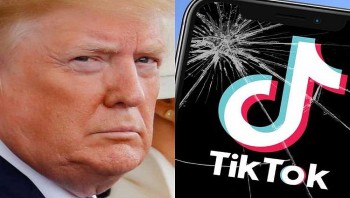 Trump Asks Supreme Court to Pause TikTok Ban Trump Asks Supreme Court to Pause TikTok Ban President-elect Donald Trump wants the Supreme Court to pause a law that could ban TikTok in the U.S. next month. |
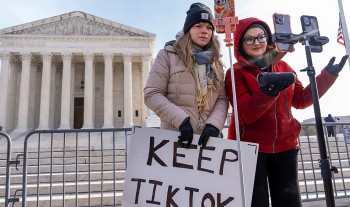 U.S. Supreme Court is Likely to Force TikTok to Sell or Shut Down U.S. Supreme Court is Likely to Force TikTok to Sell or Shut Down The U.S. Supreme Court is poised to uphold a law that mandates the Chinese parent company of TikTok, ByteDance, to either divest from the popular ... |
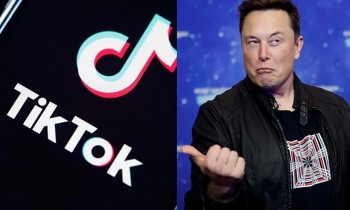 How Much Would TikTok Cost Elon Musk? $50 Billion to $60 Billion How Much Would TikTok Cost Elon Musk? $50 Billion to $60 Billion Elon Musk, the CEO of X (Twitter), may purchase TikTok or the US branch of this social media platform. How much will Musk spend on ... |
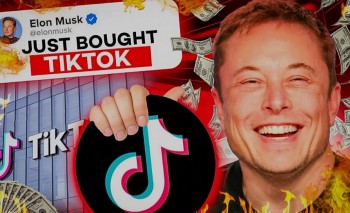 Elon Musk Buying TikTok: 'Pure Fiction'! Elon Musk Buying TikTok: 'Pure Fiction'! TikTok dismissed reports of China considering selling its U.S. operations to Elon Musk as "pure fiction," following Bloomberg’s claim that officials might explore this option ... |

